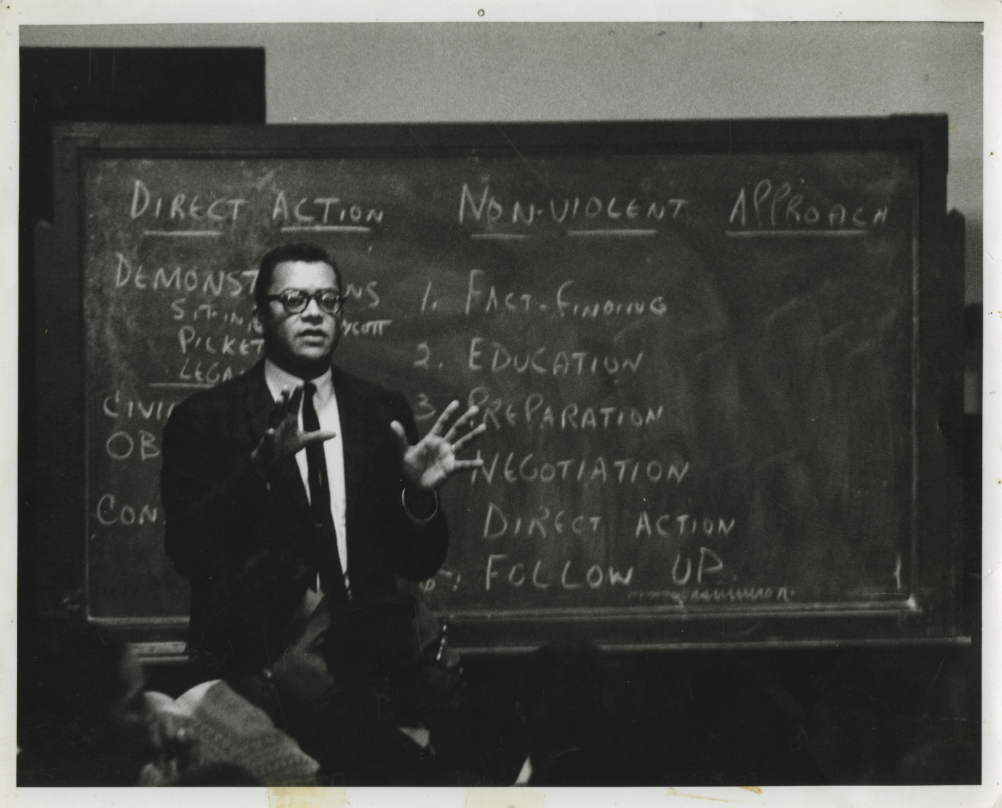As the scholarly publishing landscape has grown more complex, the Jean & Alexander Heard Libraries is pleased to announce a series of new transformative agreements aimed at bolstering Vanderbilt research and lowering the cost of open access publishing for the university and its affiliated authors.
Transformative agreements, also called Read and Publish Agreements, produce incentives for authors to publish under an “Open Access” publishing model. Open Access, or OA, complements the recommendations provided in recent memorandum from the U.S. Office of Science and Technology ensuring free, immediate, and equitable access to federally funded research. Vanderbilt University affiliated authors are expecting an annual savings of over $600,000 using these new agreements.
Transformative agreements allow research libraries to transform existing journal subscriptions to an OA license without interrupting access to these publications or their data. OA journals are proven to enhance discoverability and citation counts. Vanderbilt University affiliated authors can expect to see an increase in traffic to articles published under these agreements, thereby improving viewership and citation ranking over time. Journals typically require authors to pay additional fees known as article processing charges (APC) to maintain an OA license.
Heard Libraries has successfully negotiated nine transformative agreements and additional agreements are in the works. Agreements are currently in place with Annual Reviews, BMJ, Cambridge, Company of Biologists, Institute of Physics, Royal Society, Sage, and the Sponsoring Consortium for Open Access Publishing in Particle Physics (SCOAP3) for APC free publishing. An institutional discount will be applied for articles published through BioMed Central.
Each agreement is individually negotiated by the libraries and reflects the unique portfolio of each publisher. Sage, for example, publishes over 1,000 academic journals and eight hundred books an annual basis. APC savings based on Sage journals alone are estimated to be over $300,000 annually. Transformative agreements with the Institute of Physics and Cambridge are expected to save an additional $300,000 for Vanderbilt affiliated authors.
Authors must adhere to specific rules in order to take advantage of these agreements. In order to qualify for an APC waiver, the corresponding author must declare Vanderbilt University when submitting their work to an OA journal. It is best practice to use your @vanderbilt.edu email address. Information regarding article eligibility, including what defines a corresponding author, are available at the dedicated Vanderbilt site. Publishing information and author instructions are listed for each participating publisher. This guide will continue to be updated as new publishers are added. Additional information about open access is also available in an accompanying guide.
Vanderbilt librarians and informationists are diligently building out a program of support for faculty in their disciplines with an interest in open access research. This spring, library experts in the sciences and biomedical fields are hosting introductory workshops on the Open Science Framework. These workshops are designed for grant-seeking faculty and students with funding requirements for managing research data based on open access principles. These workshops are available to all faculty and will continue to be adapted as new transformative agreements are put in place. Faculty, staff, and students with additional questions may consult with their liaison librarian.

